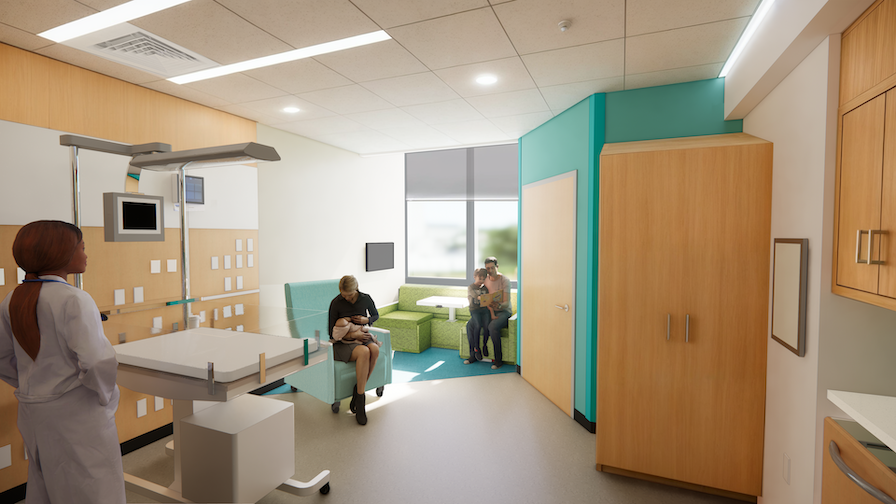Breaking: VCU Health Unveils $28 Million Lifeline for Tiniest Patients in Downtown Expansion

In a significant expansion of pediatric care, the health system is set to enhance its neonatal services by introducing a brand-new 20-bed neonatal intensive care unit at the Children's Hospital of Richmond at VCU. This exciting addition will complement the existing 40-bed NICU located on the downtown campus, further strengthening the hospital's capacity to provide critical care for newborns and premature infants.
The new unit represents a major investment in specialized infant healthcare, promising to offer advanced medical support for the most vulnerable patients. By increasing the number of available specialized beds, the hospital aims to improve access to life-saving neonatal care and support more families during challenging medical circumstances.
